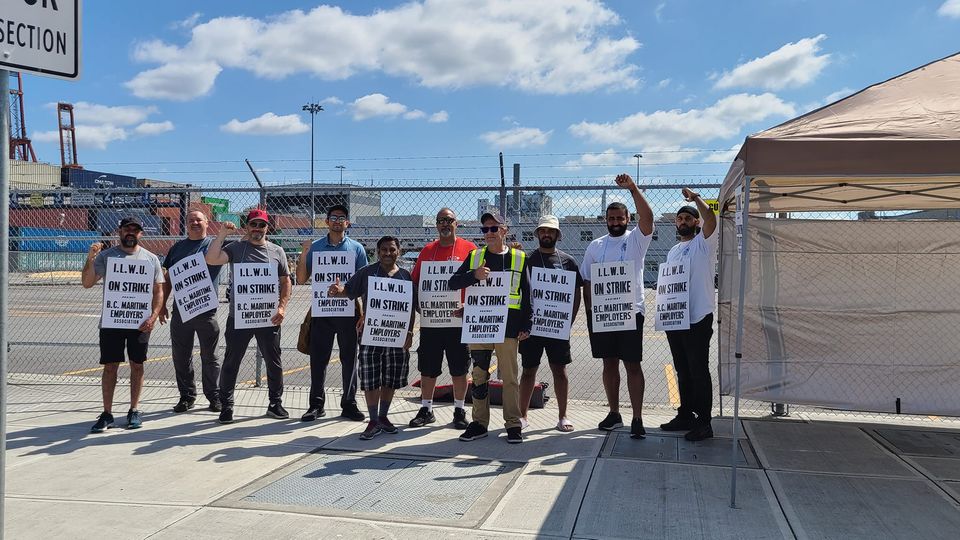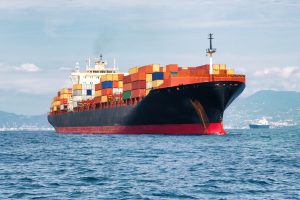A 13-day strike by 7,400 longshoremen on Canada’s West Coast appears to be over after the International Longshore and Warehouse Union Canada and the B.C. Maritime Employers Association (BCMEA) today accepted the terms of settlement proposed by a federal mediator for a four-year collective agreement.
The tentative agreement came just 10 minutes before the 10:30 a.m. PT deadline for reviewing by both sides of the recommended settlement terms. It still needs to be ratified by both parties and no details have been made public. Key outstanding issues have revolved around port automation, cost of living wage increases and outside maintenance contracting – all matters presumably addressed in various ways in the tentative deal.
In the past few weeks, leading business groups had urged the federal government to intervene through back-to-work legislation to end a waterfront labour conflict estimated by the Canadian Manufacturers Association to be costing Canada’s economy up to $500 million each day.
The BCMEA said it hoped normal operations would quickly return, commenting: “The BCMEA recognizes and regrets the significant impact this labour disruption has had on the economy, businesses, workers, customers and, ultimately, all Canadians.”
“We must collectively work together to not only restore cargo operations as quickly and safely as possible but to also rebuild the reputation of Canada’s largest gateway and ensure supply chain stability and resilience for the future,” the marine employer group added.
The strike since July 1 had been halting shipments in and out of 29 ports in British Colombia, including Vancouver and Prince Rupert, Canada’s largest and third-largest ports. At least 16 containerships anchored in the port zones were reported to be waiting for eventual terminal unloading.
According to the Greater Vancouver Board of Trade, some 63,000 containers were stuck on vessels so far.
Labour Minister Seamus O’Regan and Transport Minister Omar Alghabra applauded the news of the tentative deal proposed 48-hours ago by a federal mediator. “The scale of this disruption has been significant. The extent of it has shown just how important the relationship between industry and labour is to our national interest. We do not want to be back here again.”.
Mr. O’Regan had instructed a mediator to issue terms of a possible settlement, assering that the gap in the deadlocked talks was “not sufficient to justify a continued work stoppage.”
Quickly welcoming the news was Canadian Manufacturers & Exporters (CME), but it cautioned that “manufacturers are not out of the woods yet. The 14 day-long strike has caused severe backlogs that will take weeks to process. The damage to manufacturing supply chains is significant, as production slowed in the lead up to the strike and will take even more time to get back up and running. It is estimated that one day of a port shutdown takes up to a week to make up for after the fact, meaning it will take months for the sector to recover.”
(ILWU Canada photo)








